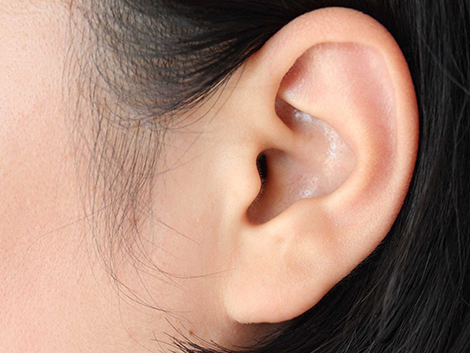With hearing loss ranking as one of the most common chronic health conditions that U.S. adults experience, affecting an estimated 48 million people nationwide, the American Speech-Language-Hearing Association (ASHA) has polling results that reveal an overwhelming disconnect between the high value that Americans say they place on their hearing and their low willingness to be treated for any hearing loss.
The poll of a nationally representative sample of nearly 2,500 U.S. adults ages 18 and older was commissioned by ASHA and conducted by YouGov in mid-March 2021. Key results, according to ASHA:
- 80 percent of Americans say their hearing is extremely important or very important to their quality of life. Yet, only 20 percent have had a hearing test in the past five years, compared with 61 percent who have had their vision tested.
- 51 percent of all adults reported having hearing problems, but only 11 percent of them have sought treatment.
- 78 percent of those with hearing problems have had them for at least one year—and 35 percent have had trouble for five or more years.
- 42 percent understand that mild hearing loss can impact a person’s life or daily functioning. Yet, 56 percent of those with untreated hearing problems say they would be unlikely to treat the problm unless it was severe.
“These results are extremely concerning,” said A. Lynn Williams, ASHA’s president. “We know and are consistently learning more about how untreated hearing loss can not only impact a person’s quality of life and mental health, but that it can also be associated with cognitive decline, dementia, and preventable hospitalizations. This inaction on hearing health is especially unfortunate because there are effective treatment options that can enable adults with hearing loss to live fuller and more satisfying lives.”
The polling was conducted during a time of psrticular focus on hearing. Last year, the World Health Organization projected that 1 in 4 people worldwide will experience hearing loss by 2050.
Information about hearing loss and locating an audiologist is available at ActNowOnHearing.com, an ASHA website.
